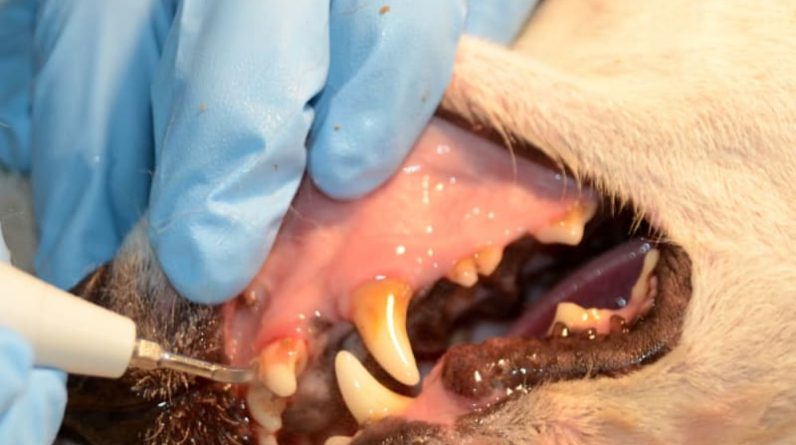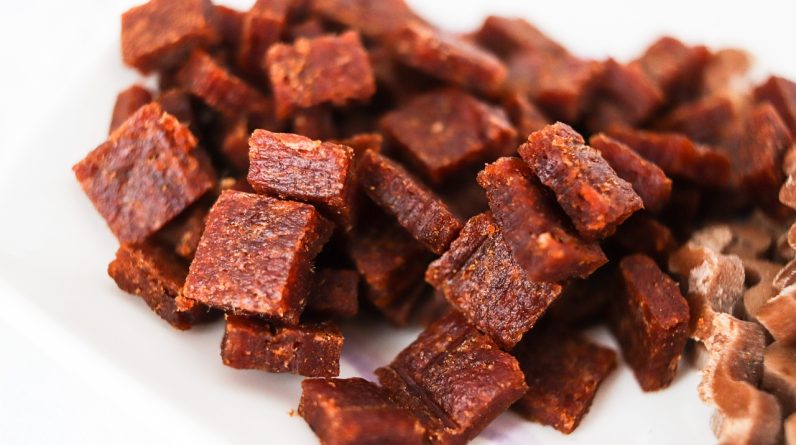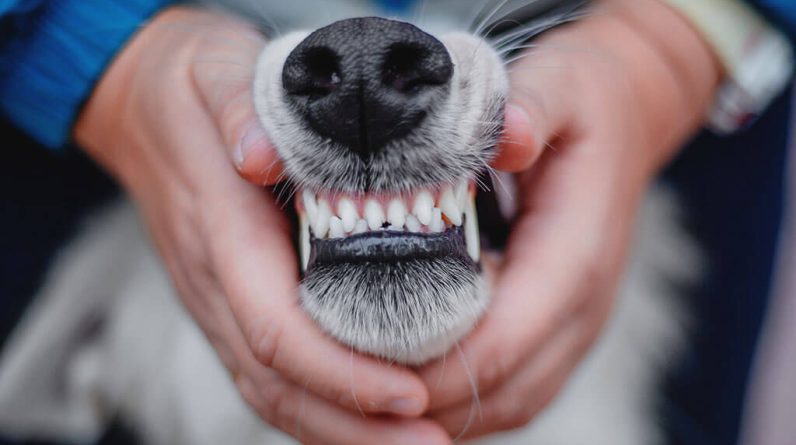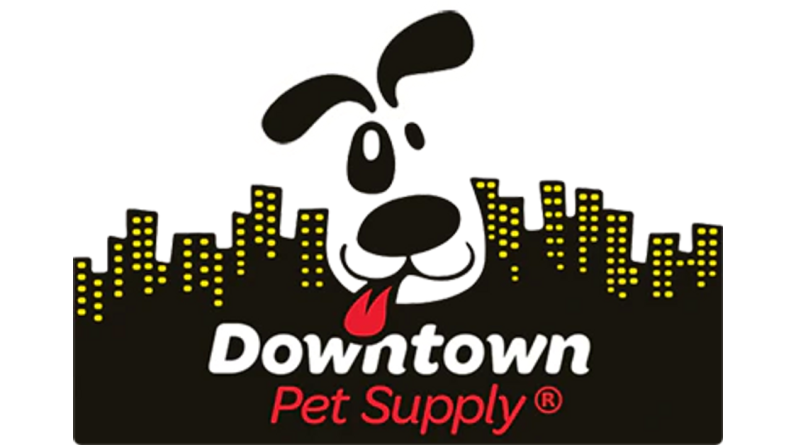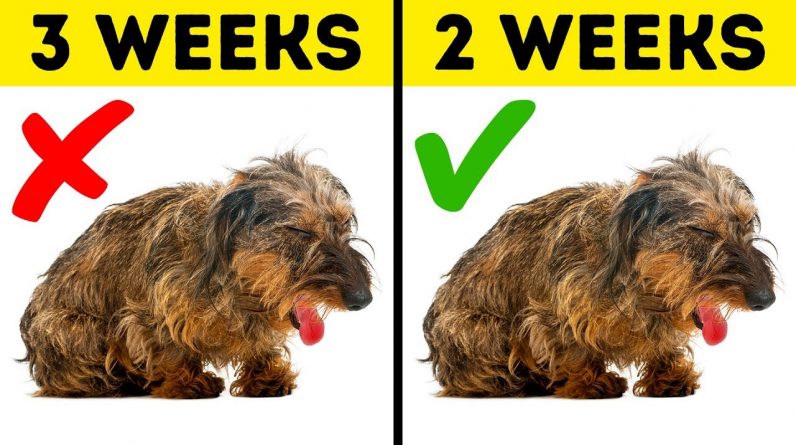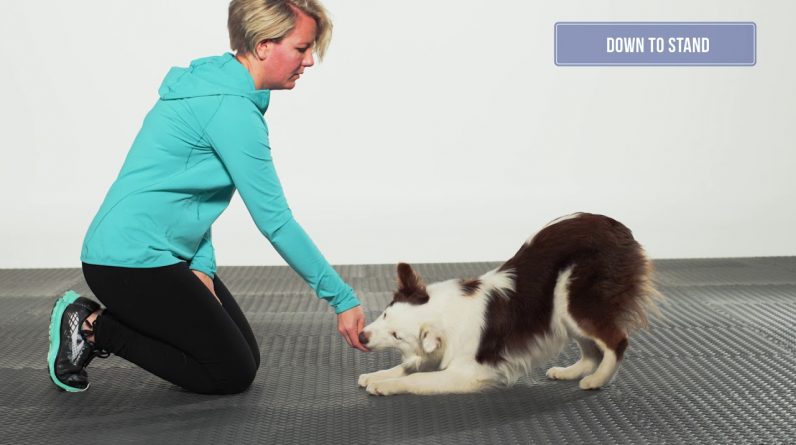

Dogs need appropriate oral care to maintain their oral and general health. Today, our Perry veterinarians talk about the value of pet oral care, and how you can take care of
their teeth. Taking care of Your Dog’s Teeth Similar to a human’s oral health, our pets’ oral health is important to their overall health. Did you know that a lot of pet dogs begin revealing indications of gum illness (gum disease) by the time they are about 3 years old? Early beginning of oral illness can have some severe negative effects for their basic physical health and well-being.
In research studies of individuals, a link between periodontal disease and heart problem has been found and this appears to be true for our four-legged canine buddies also.
In pet dogs, gum disease has been connected to heart problem due to germs entering into the blood stream from the mouth. This can not just damage the heart however likewise cause problems with other organs. These issues remain in addition to the more apparent issue of pain caused by damaged or missing teeth and deteriorated gums.
You and your veterinarian can take a team approach to preserve your pet’s oral health. A consistent and efficient at-home oral health care routine that includes dental deals with can help keep your pooch’s teeth clean, and control plaque and tartar accumulation. That said, the very best method to ensure your pet’s mouth stays clean and healthy is to arrange yearly oral exams and cleanings at your vet’s workplace.
Avoiding this professional cleansing may put your pet at danger for foul breath, gingivitis, periodontal disease, and in more serious cases tooth decay, discomfort, and even tooth loss.
Dental Consultations for Dogs
Our vets in Perry can help avoid your pet from developing tooth decay and periodontal illness. We suggest scheduling an annual oral consultation for your dog. They might require to see your family pet more frequently if they are experiencing recurring or more severe oral concerns.
When you bring your pet to Paws and Claws, for an oral examination, our veterinarians will perform a total oral evaluation for your pooch and try to find indications of oral issues such as:
- Plaque or tartar buildup on teeth
- Halitosis
- Tarnished teeth
- Extra teeth
- Kept primary teeth
- Loose or broken teeth
- Swelling or pain in or around the mouth
- Bleeding around the mouth
If you find symptoms of periodontal disease in your pet, such as reduced appetite (which could show tooth discomfort), irregular chewing, drooling, dropping food from the mouth, bad breath, or other symptoms make certain to call your vet right now to schedule a dental visit for your animal. Oral health concerns can end up being severe if left untreated and cause your family pet a great deal of pain and discomfort.
Our veterinarians assess all family pets to make sure that they are healthy adequate to handle anesthesia and carry out extra diagnostics if required to ensure that a dental examination while sedated is safe for your pet. When your family pet is safely sedated, we will perform a complete oral test (tooth-by-tooth) complete with charting, (just like your dental expert does during your assessments).
While we have your canine safely and comfortably under anesthesia, our group will completely clean up and polish your pup’s teeth, both above and listed below the gum line. We penetrate and X-Ray the teeth, then to help protect versus future decay and damage we utilize a fluoride treatment before using a dental sealant to avoid plaque buildup.
If your pup is suffering from advanced gum disease, we will deal with you to develop a treatment strategy to help restore your dog’s mouth to a pain-free and healthy state.
Brushing Your Pet dog’s Teeth
As a pet owner, you play a pivotal role in assisting your puppy fight oral disease. Here are a couple of easy ways that you can help to keep your pet’s teeth clean and healthy:
- Use a finger brush from your veterinarian, or a kid’s tooth brush to brush your animal’s teeth everyday to eliminate any plaque or particles.
- Use a plaque avoidance product (your vet can suggest some), which you can use to your family pet’s teeth and gums. These items function as a barrier to prevent plaque buildup.
- Deal your pup treats such as oral chews or food designed to help avoid plaque accumulation and tartar.
- Dental care is an important part of your animal’s general health. Make sure to reserve your animal’s annual dental visit today, your dog will thank you.
Keep in mind: The advice supplied in this post is meant for informative functions and does not constitute medical guidance relating to animals. For a precise medical diagnosis of your animal’s condition, please make a visit with your vet.
Is your dog due for an expert examination and cleansing? Contact our Perry vets to book your puppy an appointment.
Today, our Perry vets go over the value of canine oral care, and how you can take care of their teeth.


